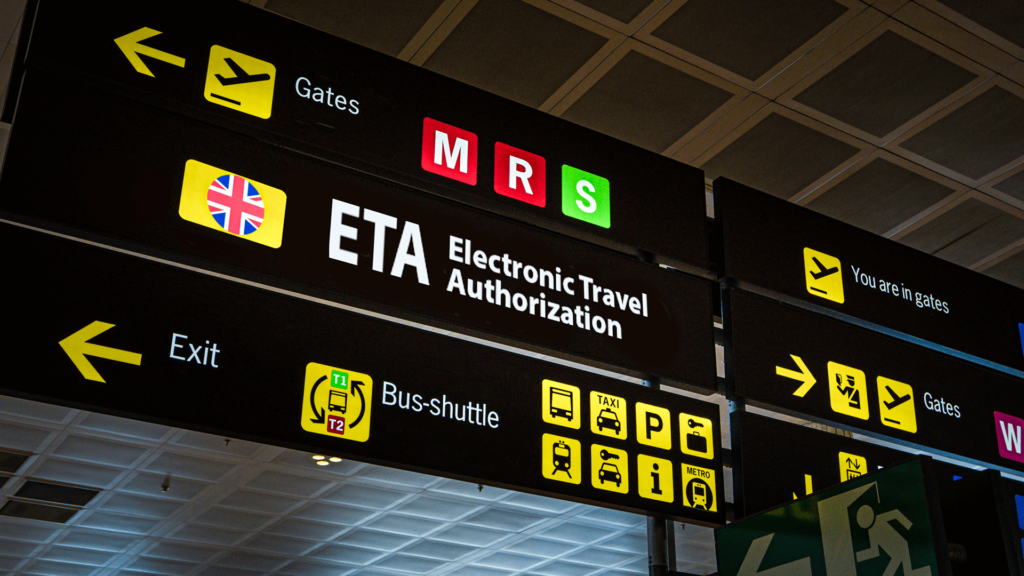New protection for care workers
The Home Office has provided details of a new requirement for sponsors in England who wish to recruit care workers and senior care workers from other immigration routes or overseas, and this can be found here. These changes are designed to reduce the reliance on overseas recruitment and protect workers already based within the UK who have come to pursue a career in adult social care.
This change is designed to support workers who have lost sponsorship due to their employer’s inability to provide sufficient work or the revocation of the employer’s sponsor licence. It applies only in England and does not affect workers transitioning from other immigration routes, provided they have been with the same employer for at least three months.
What is the new requirement?
The new rule requires that before a sponsor in England can hire a care worker or senior care worker from outside the UK, the sponsor must first have made a reasonable attempt to recruit from the pool of Skilled Workers already in England. This requirement is designed to ensure that care workers who are already in the country are given priority before sponsoring overseas applicants.
To meet this requirement, the sponsor must demonstrate that they have tried to recruit for the job from Skilled Workers who:
- Are currently in the UK,
- Were last sponsored for a job in a listed health or education occupation, and
- Need new sponsorship because either:
- Their previous sponsor has lost its licence or failed to provide sufficient work.
- They have been identified by the relevant regional or sub-regional partnership as a worker needing assistance in obtaining new sponsorship.
The sponsor will have to provide evidence that they have done this by getting confirmation from their relevant regional or sub regional partnership that there were no suitable workers available to them from the pool of available UK based individuals.
Changes to skilled worker salary and conditions
In addition to the changes affecting care workers, there have also been updates to the UK’s Skilled Worker visa requirements. Starting from 9 April 2025, the minimum salary for Skilled Workers will be increased from £23,200 per year (or £11.90 per hour) to £25,000 per year (or £12.82 per hour).
This adjustment follows the government’s annual salary review, using the latest Annual Survey of Hours and Earnings (ASHE) data from the Office for National Statistics (ONS). The increase ensures that salary requirements continue to reflect the pay situation for UK workers and remain significantly above the National Living Wage, which is also set to rise in April 2025.
Additionally, the going rates for occupations in healthcare and education are also being adjusted, notably the 40-hour working week previously used for determining the going rate for those who transitioned from Tier 2 (General) to Skilled worker is now being reduced to a 37.5-hour working week.
Also, amounts taken from a sponsored employee’s pay, including deductions from pay and repayment of loans, will have to be considered when assessing whether the sponsored employee’s pay meets the minimum salary requirements. This rule won’t apply if the deduction is not related to business costs, immigration costs or investment but is a benefit for which the sponsored employee has a genuine choice over such as salary sacrifice arrangements.
Employers sometimes establish loan arrangements with employees to cover certain visa application fees or payments for the Immigration Health Surcharge. However, these agreements cannot include mandatory employer expenses like the Certificate of Sponsorship fee or the Immigration Skills Charge.
In some situations, employers may require repayment of these amounts over a set period. In other cases, the employer may offer the loan to the employee, with the option to “write off” the loan in stages as long as the employee remains employed for a certain period. If the employee’s employment ends before a specified date, the loan may need to be repaid. Such agreements will be applicable under these rule changes.
Finally, a loophole allowing sponsored employees to contribute towards their own salary costs by investing into the business has been closed, and this investment will no longer be permitted. This is part of a wider focus by the Home Office on the ‘genuine vacancy’ test and a concern by the Home Office that those seeking ‘self-sponsorship’ are not in the UK to fill genuine roles but are instead seeking sponsorship solely to enable themselves to remain in the UK.
Increased immigration fees
On 9 April 2025, a range of sponsor related costs will increase, including most notably an increase in the certificate of sponsorship fee – this will increase from £239 per certificate to £525. For full details of the increases see our previous article here.
British Nationals (Overseas) Exempt from ETA requirement
Effective from 9 April 2025, British Nationals (Overseas) will no longer be required to obtain an Electronic Travel Authorisation (ETA) requirement. This means that holders of a BN(O) passport will be able to travel to or transit via the UK without requiring an ETA,
Amendments to the ‘New Entrant’ requirements
A change has been made to the eligibility criteria for the ‘New Entrant’ salary discount for Skilled Workers. It is now clear that only ‘recognised professional qualifications’ obtained in the UK can be used to qualify for this discount. Professional qualifications from overseas will no longer be accepted.
These changes are part of the Home Office’s wider strategy to reduce reliance on overseas talent, support growth from within the UK and tackle abuse of the sponsor system.
However, these changes do make it more challenging for sponsors in the UK to recruit into vacant roles, particularly for sponsors in the care sector.
In addition to these changes, the government will shortly be issuing an immigration White Paper which we expect will set out more policy changes.
Sponsors need to make sure they stay up to date with all the changes and remain compliant with the immigration rules. The Home Office can carry out a compliance visit at any time, even unannounced so sponsors are well advised to carry out their own internal audit to make sure they are fully on top of their reporting and record keeping requirements, and that they are able to demonstrate to the Home Office that they understand and comply with their duties and responsibilities as a licensed sponsor. Get in touch to hear about our mock compliance audit.
For more information about the changes to the immigration rules and a view of what is to come, join us for our immigration update on 22 April 2025 – Breakfast Briefing: Business Immigration and Labour’s skills policy update – Capital Law.
How can we help?
For further information about issues raised in this article, please contact a member of our Business Immigration team.




